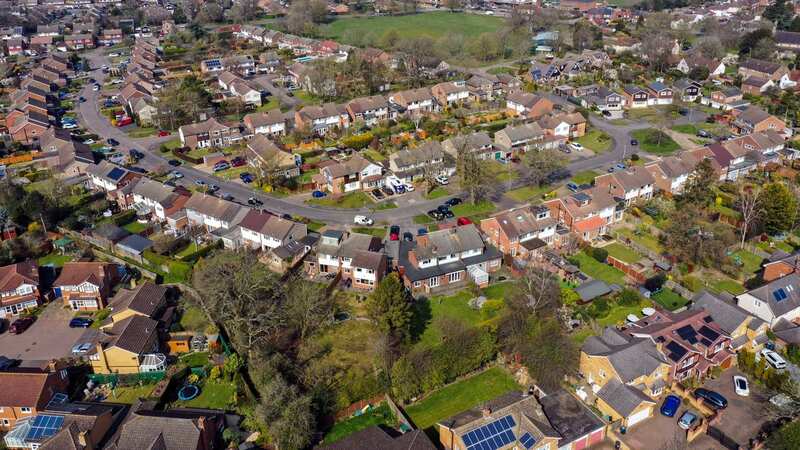Weakest October for house sellers' asking price growth since 2008 downturn

Rightmove has reported the weakest October for house sellers' asking price growth since the 2008 financial crisis. The average new seller asking price across Britain increased by a mere 0.5% (£1,950) month-on-month in October, reaching £368,231. This is well below the average increase of 1.4% recorded in October over the past 20 years.
The number of sales being agreed is also down by 17% compared to this time last year. Tim Bannister, Rightmove's director of property science, said: "New seller asking prices have seen a rise, as they usually do at this time of year following the summer holiday season." He added that some sellers still need to adjust their expectations on the price that they are likely to achieve.
He added: "Buyers are likely to be on the look-out for homes that they feel represent excellent value, and to attract one of these motivated buyers, sellers need to price right first time."
"If similar nearby properties for sale appear overpriced, serious sellers have an opportunity to stand out from the crowd with a more competitive price and attract immediate buyer interest that our research shows significantly increases the likelihood of finding a buyer."
Mr Bannister said the mortgage market is "much more stable right now compared to three months ago, giving movers a little more assurance over the rate they are likely to be offered and therefore what they are likely to be able to afford."
 Teachers, civil servants and train drivers walk out in biggest strike in decade
Teachers, civil servants and train drivers walk out in biggest strike in decade
"Those looking to secure a new home for the new year should apply for a mortgage in principle to work out what they could afford, and listen to local estate agents about what's happening in their local housing market."
Ben Hudson, managing director at estate agent Hudson Moody in York, North Yorkshire, said: "Being too optimistic with the asking price causes a double whammy for sellers not only do they inevitably have to reduce the price of their home anyway, but they often put off potential buyers with too high an initial asking price and then struggle to recapture this attention when it's reduced."
"Sellers who price realistically or even a little modestly, often find they are met with more than one buyer who is attracted by the good-value pricing, and then suddenly they have competition to buy the property, which typically results in a higher agreed price."
"It's been a bit of a rollercoaster market this year but certainly right now confidence is returning and we're heading back to more normal, cyclical patterns. If sellers price right, there are buyers out there for them."
Ben Gee, founder at Berkshire-based estate agent Hat and Home said: "With a significant proportion of instructions seeing at least one reduction prior to sale, many buyers are adopting a 'wait and see' approach, which is creating inertia across all price ranges."
"Premium stock in excellent condition or in the most sought-after locations continues to get strong interest quickly, but the mass market of homes needs to offer 'good value' whilst buyers have more property to choose from and are more price-sensitive."
The report was released as separate research from estate and lettings agent Hamptons indicated that, across Britain, the average rent for a newly-let property was 11.7% higher in September than a year earlier.
Hamptons put the average monthly rent on a newly-let property at £1,325.
Landlords have been facing their own rising costs as mortgage rates have increased.
Aneisha Beveridge, head of research at Hamptons, said: "A decade of cheap money and rising house prices encouraged many landlords to remortgage and extract cash out of their buy-to-let when remortgaging."
 8 money changes coming in February including Universal Credit and passport fees
8 money changes coming in February including Universal Credit and passport fees
She added: "Rising rates will reverse this flow of finance, pulling cash out of the economy and back into the housing market as investors look to pay down their debt instead."
* An AI tool was used to add an extra layer to the editing process for this story. You can report any errors to webhomepage@mirror.co.uk
Read more similar news:
Comments:
comments powered by Disqus
































